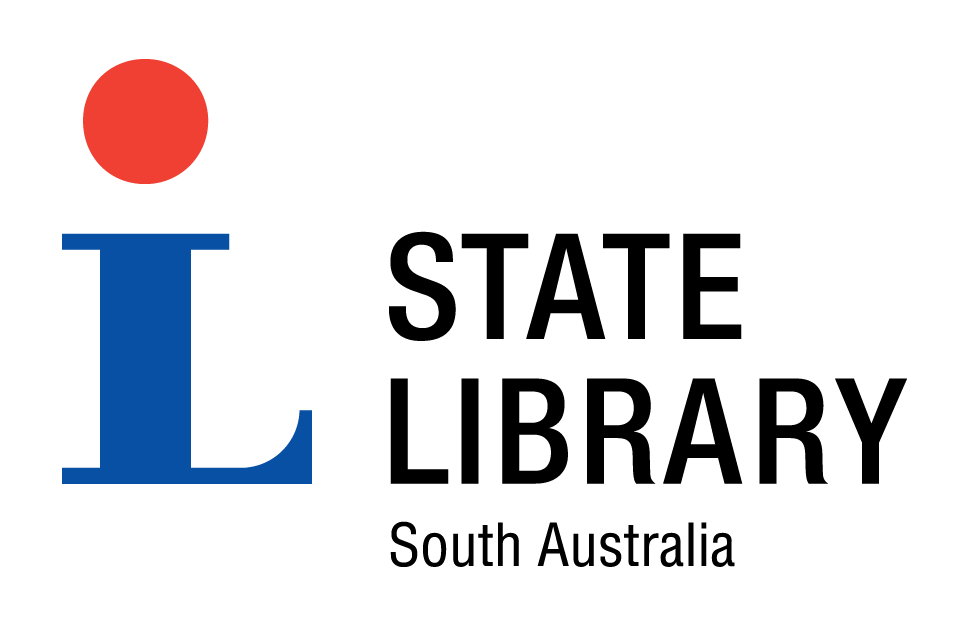
Aboriginal fires observed by William Finlayson |
|||
|---|---|---|---|
| Title : | Aboriginal fires observed by William Finlayson |

|
|
| Creator : | Finlayson family | ||
| Date of creation : | 1883 | ||
| Additional Creator : | Finlayson, William, 1813-1897 | ||
| Format : | Manuscript | ||
| Dimensions : | 330 mm x 210 mm | ||
| Contributor : | State Library catalogue | ||
| Catalogue record | |||
| The State Library of South Australia is keen to find out more about SA Memory items. We encourage you to contact the Library if you have additional information about any of these items. | |||
| Copyright : | Reproduction rights are owned by State Library of South Australia. This image may be printed or saved for research or study. Use for any other purpose requires permission from the State Library of South Australia. To request approval, complete the Permission to publish form. |
| Description : |
Firestick farming was practiced by the Australian Aboriginal people for thousands of years before white settlement. This burnt off old grass enabling lush new growth to flourish. This in turn attracted game for them to hunt. It also served to thin the vegetation and produced a more open landscape, suitable for grazing animals. Many Australian plants are well adapted to fire regimes and require it for their seed to germinate. William Finlayson arrived in South Australia on the John Renwick in 1837. During 1883 he wrote down remincences of his voyage and the early days of the colony. In this extract he describes his view of the Adelaide Hills as he travelled up Gulf St Vincent prior to disembarking: ...before next day's sun arose a great change had taken place in the landscape before us. The watchers on deck, for many did not go to bed that night, beheld a fire on one of the hills which seemed to spread from hill to hill with an amazing speed. What is the meaning of this, every one asked but no one could answer. All on board were now awake and on deck looking at this grand yet, to us, who knew not of its cause fearful conflagration. Since then I have seen many fires of the like kind but never one so grand and extensive as this, it seemed as if the whole land was a mass of flame. Still the question was unanswered what is the cause, what is the meaning of this. Knowing ones shook their heads and said I believe, it is a signal like the beacons of old to the tribes beyond the hills to gather, they have seen our ship and will come to destroy us, - others would say as they gazed at the grand sight before us - don't you see that savage throwing wood on the flames and some persuaded themselves that they could see - at the distance of 15 miles the form of a man. We sat long watching this grand and mysterious sight, - then toward morning, having committed ourselves to our heavenly Father's care retired again to rest. In the morning what a change had taken place, the whole range as black as midnight - except where trees were burning. The white dry grass was all gone, and shortly after we landed the mystery was explained - at the end of summer as this was, the natives set fire to the long dry grass to enable them to obtain more easily the animals and vermin on which a great part of their living depends. No tribes from beyond the hills ever came to molest us. |
| Subjects | |
| Period : | 1836-1851 |
| Region : | Adelaide metropolitan area,Mt Lofty Ranges and Eastern Plain |
| Further reading : | Ellis, R.W. 'The Aboriginal inhabitants and their environment' in Natural history of the Adelaide Region, [Adelaide]: Royal Society of South Australia, 1976, Chapter 8 Pyne, Stephen J. The still-burning bush, Carlton North, Vic.: Scribe, 2006 |


